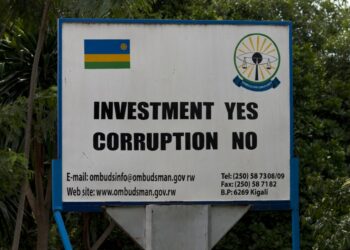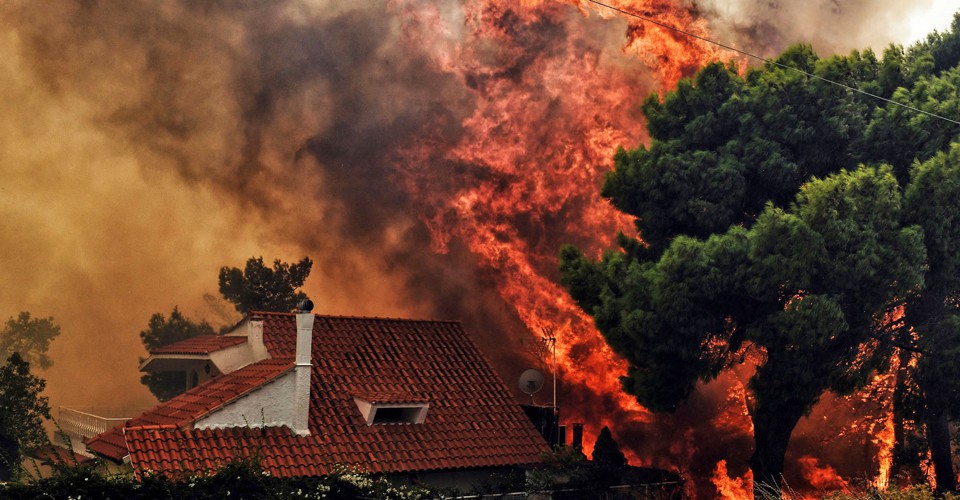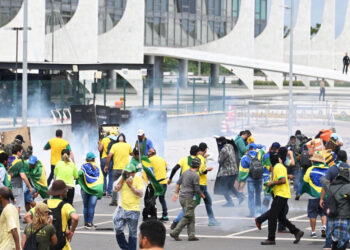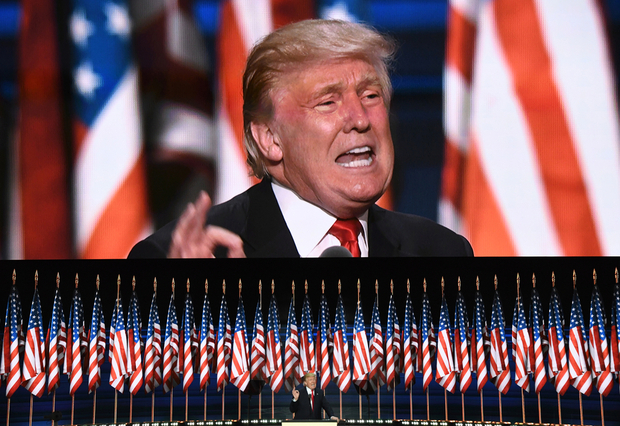Central Europe was once seen as poster child of transformation. Czech Republic? Splendid treatment of property restitution. Poland? Wonderful liberal reforms. Hungary? Everybody’s dream – until the frame wore out and transformation stagnated or reversed. Even Romania in Eastern Europe, a latecomer to democracy as it had to recover from the deepest destruction of society that a political regime ever managed to inflict on a European country, was in recent years found good at something: anti-corruption. While Romanians indicate in surveys that corruption has gone up instead of down since joining the E.U., Brussels deems the country’s anti-corruption a big success.
The country of almost 20 million used to be a prosecution success story. By 2018, Romania’s anti-corruption agency DNA had jailed 17 ministers, a former prime minister, and indicted a sitting prime minister. Bulgaria, which also joined E.U. in 2007 on the condition of handling corruption, had done none of the above.
Between 2010 and the end of 2017, Romania passed 4,720 final corruption sentences, an average of nearly 600 convictions per year. In DNA’s chief prosecutor Laura Codruta Kovesi’s last term, investigations were opened against virtually all of sitting President Klaus Iohannis’ counter candidates.
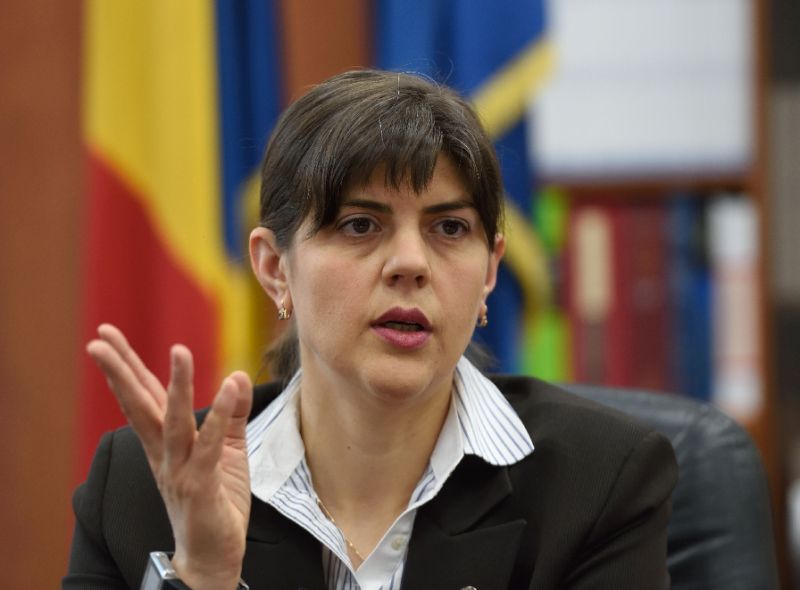
Traditionally, the president appointed and dismissed the chief anti-corruption prosecutor in a joint decision with the government, until a constitutional court ruling in July restricted this power. Now the Minister of Justice has almost total control over the appointment. The ruling leaves prosecutors vulnerable to government interference and paves the way for further dismissals.
International Media
The international media often paints a black and white picture of villain politicians and heroic prosecutors. No doubt, the villain politicians are always there. But the heroes are not always what they are supposed to be: the independent Judicial Council (constitutionally elected by judges and prosecutors, the best guarantee of Romania’s judicial independence) recently suspended some of Kovesi’s flagship prosecutors for serious procedural violations.
While tampering of the government parties with judicial independence is rightly feared, little is said on another tampering: the unconstitutional delivery of justice in the arms of Romania’s secret service SRI. Anti-corruption prosecutors depend on the government and, in particular, on the selective evidence that they get from SRI. This evidence has the power to imprison or empower politicians. In Romania, where corruption used to be an everyday activity for everyone, every politician has reason to fear the past, the president included.
Despite Romania’s population being a quarter of Germany’s, the budget for its secret service is larger. In 2015 alone, SRI tapped 40,000 people, 16 times more than the FBI did in the same year. They passed to DNA only what they decided to. According to a recently declassified document, SRI was not even required to disclose that the information they handed to DNA was selective. SRI also unlawfully used evidence obtained on security warrants for corruption files. Because the entire government, parliament, and the top courts were wiretapped between 2010 and 2016, Romania’s secret service became the major referee in politics by manipulating the evidence used by the anti-corruption agency.
Anti-Corruption Demonstrations
Romania’s public has become increasingly angered and confused by these developments. In 2015, Romania’s government toppled after street protests, only to see the same government reinstated by voters a year later. Unsurprisingly, the rallies resumed the following month, and the news of anti-corruption protests began to grace international headlines as protesters added to their growing list of grievances the constitutional court, some media outlets, and the sitting SDP government.
This summer Romanians took to the streets again. Protesters were mobilized under the banner of “f*ck SDP,” an obscenity campaign which became trendy in the summer of 2018, from provocateurs who put it on their official car tags to Romanian spectators who shouted it at the Montreal tennis court.
The demonstration on August 10 was labeled a “diaspora” rally by international media, but most ministers in the 2016 interim government attended, together with the leaders of the two main opposition parties. The demonstrations took a bad turn, as some hundreds of inflamed protesters fought the military police to enter the government building. The ensuing decision of the military police to evacuate all protesters after 10 pm from the square (tens of thousands, with many children) resulted in hundreds of people inhaling tear gas or being pushed around.
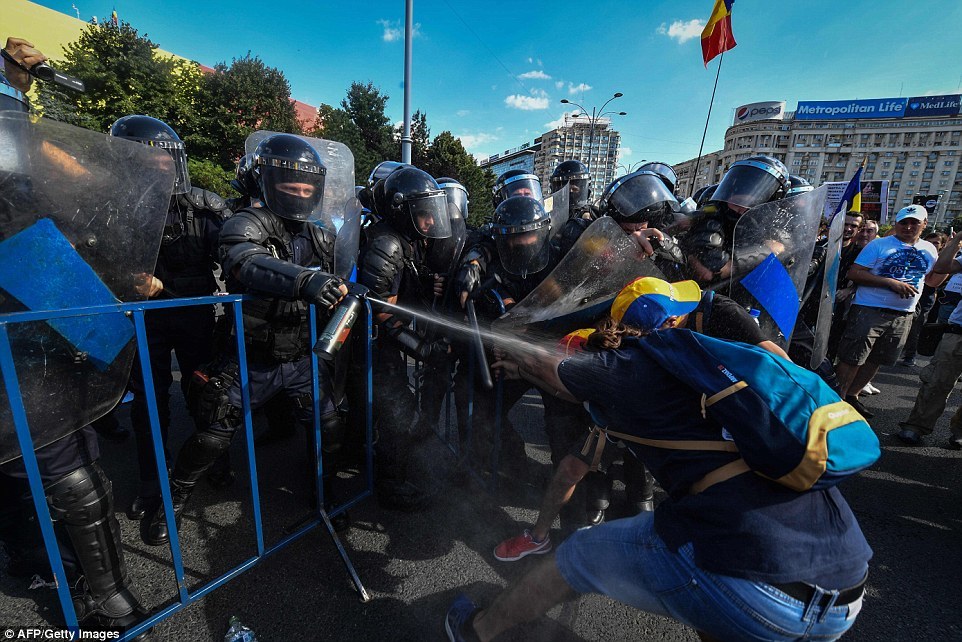
If all Romanians are on the side of protesters, as international media suggests, why have they endorsed the SDP and its allies with over 60 percent of votes in the last two legislative elections? And why is the SDP still leading strongly in the polls, making early elections useless? If anti-corruption is working, then why has corruption not reduced and we resign ourselves as the Bucharest Law School cancels all written exams because they can no longer control the massive plagiarism? If the civil society has become so strong, then why are rallies featuring political opposition leaders upfront? If protesters are just driven by their love of judicial independence, then why have they come out around the obscenity campaign tagged on SDP and not when DNA’s chief prosecutor was fired?
Romania’s opposition leaders petition Brussels that due to corruption of the government, Romania is unable to handle the E.U. presidency that it is scheduled to chair between January and June 2019, despite the country having the largest growth in Europe. While I have repeatedly written that most Romanian politicians are corrupt, I fail to see why Bulgaria, where no one has been arrested for corruption, seems perfectly capable of handling its current E.U. presidency, while Romania, which extinguished half of its political elite without suitable replacement, would not.
The world is full of political oppositions whistling anti-corruption tunes and governments defending their rents. Corruption and anti-corruption are part of the democratic game, but if progress would be sought by way of reform rather than just prosecution (such as retiring accreditation to corrupt universities), maybe more could be achieved with less cost for democracy itself.
Disclaimer: The views and opinions expressed here are those of the author and do not necessarily reflect the editorial position of The Globe Post.


